Huda Beauty is a cosmetics brand founded by Huda Kattan in 2013. In 2017, Kattan was named one of Time’s “25 Most Influential People on the Internet,” and was later recognized by Forbes as one of the richest self-made women as well as one of the top three beauty influencers.
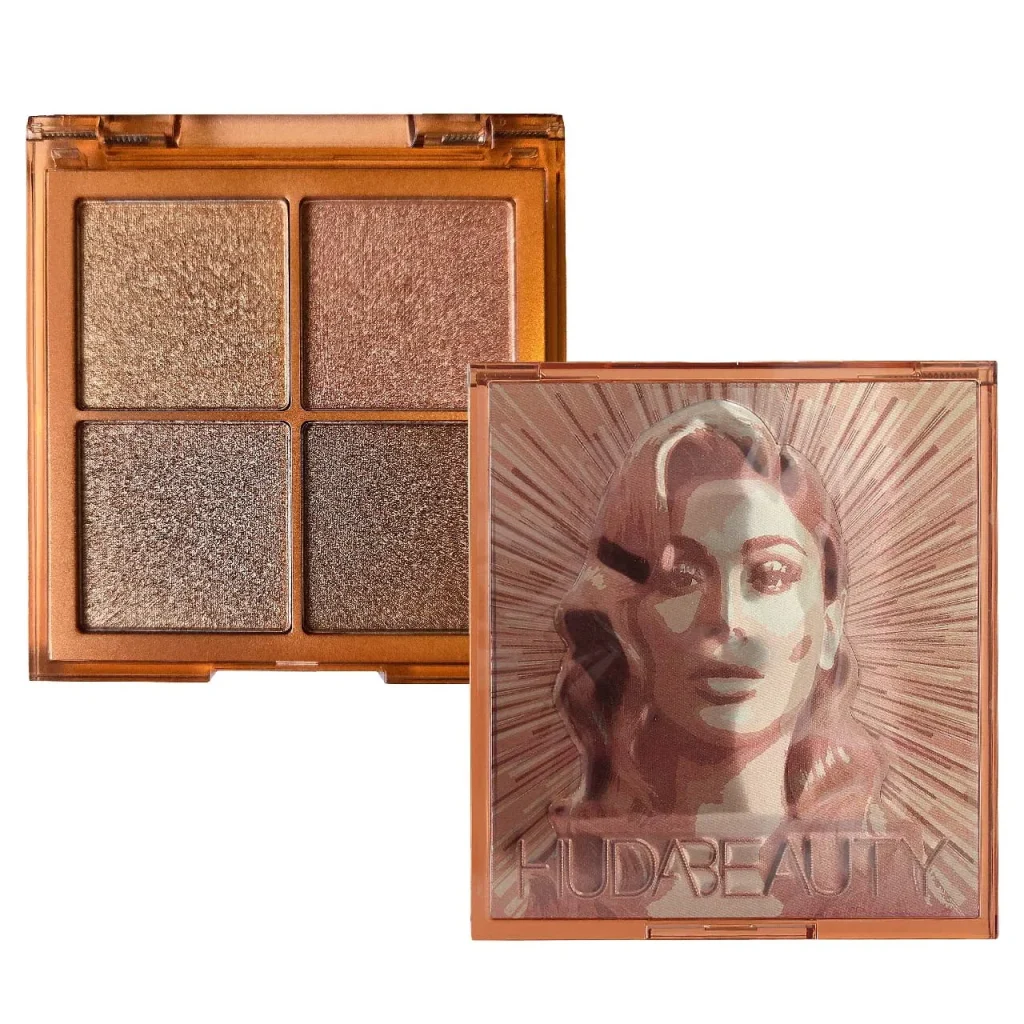
Background
In April 2010, Huda Kattan launched a beauty blog and YouTube channel under the name Huda Beauty. Three years later, she and her sister Mona Kattan expanded the brand into a cosmetics line named after the channel.
Her online platforms feature beauty tutorials covering makeup techniques and skincare routines. Kattan has often been compared to Kim Kardashian West, with observers noting parallels in their family-run businesses and influential roles within the beauty industry.
Launch
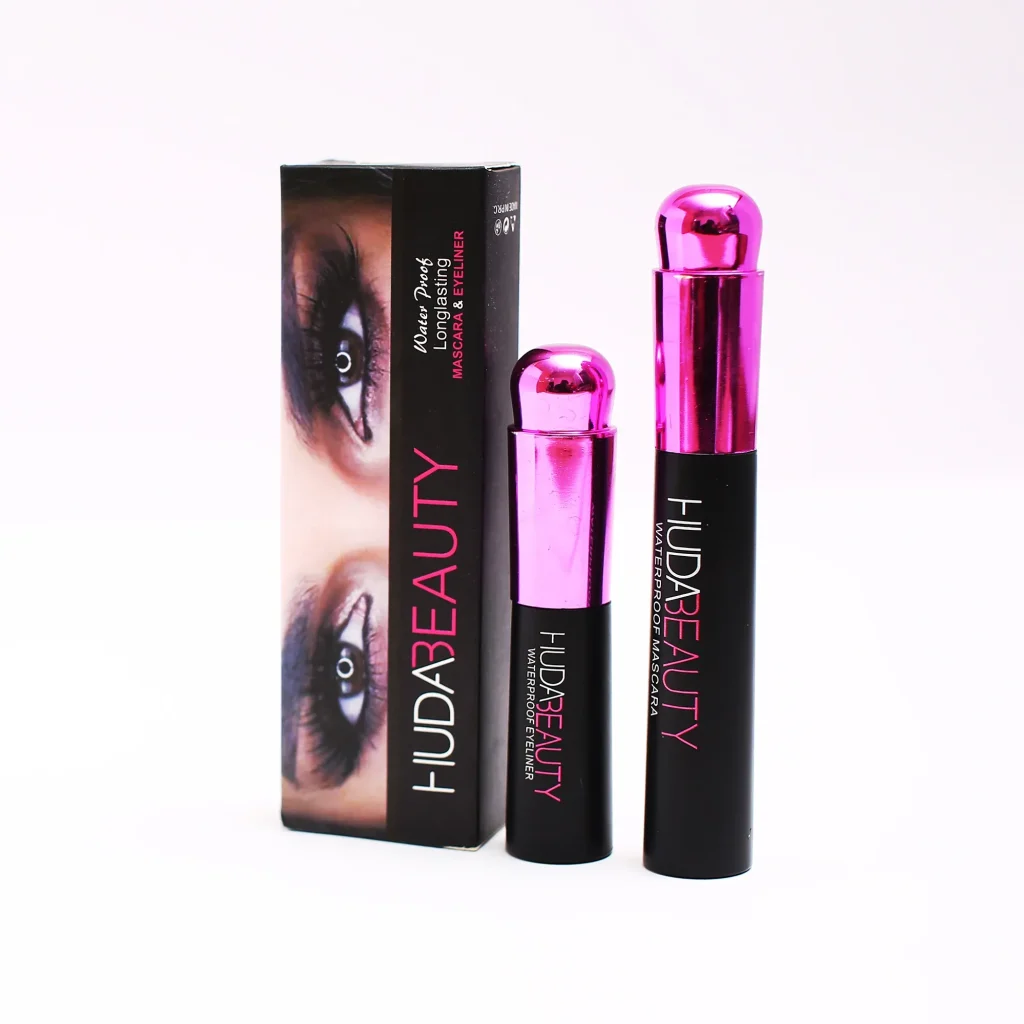
Huda Beauty’s first product was a collection of false eyelashes, launched through Sephora in Dubai in 2011 and later in the United States in 2015. The brand gained early publicity when the Kardashian sisters were reported to have used its lashes.
In December 2017, the company received a minority investment from TSG Consumer Partners, a private equity firm known for backing brands such as Smashbox and IT Cosmetics.
In June 2025, Huda Beauty announced that it had become fully founder-owned.
Products
Makeup
Huda Beauty offers over 140 products both online and in stores, with a wide range that includes eye makeup, foundations, and lip products. Among its bestsellers are the Easy Bake Loose Baking and Setting Powder, the Faux Filter line of color correctors and concealers, and the Blush Filter Liquid Blush. Since its launch, the brand’s Samantha Lashes #7 have consistently ranked as one of the top-selling and most highly reviewed lash products.
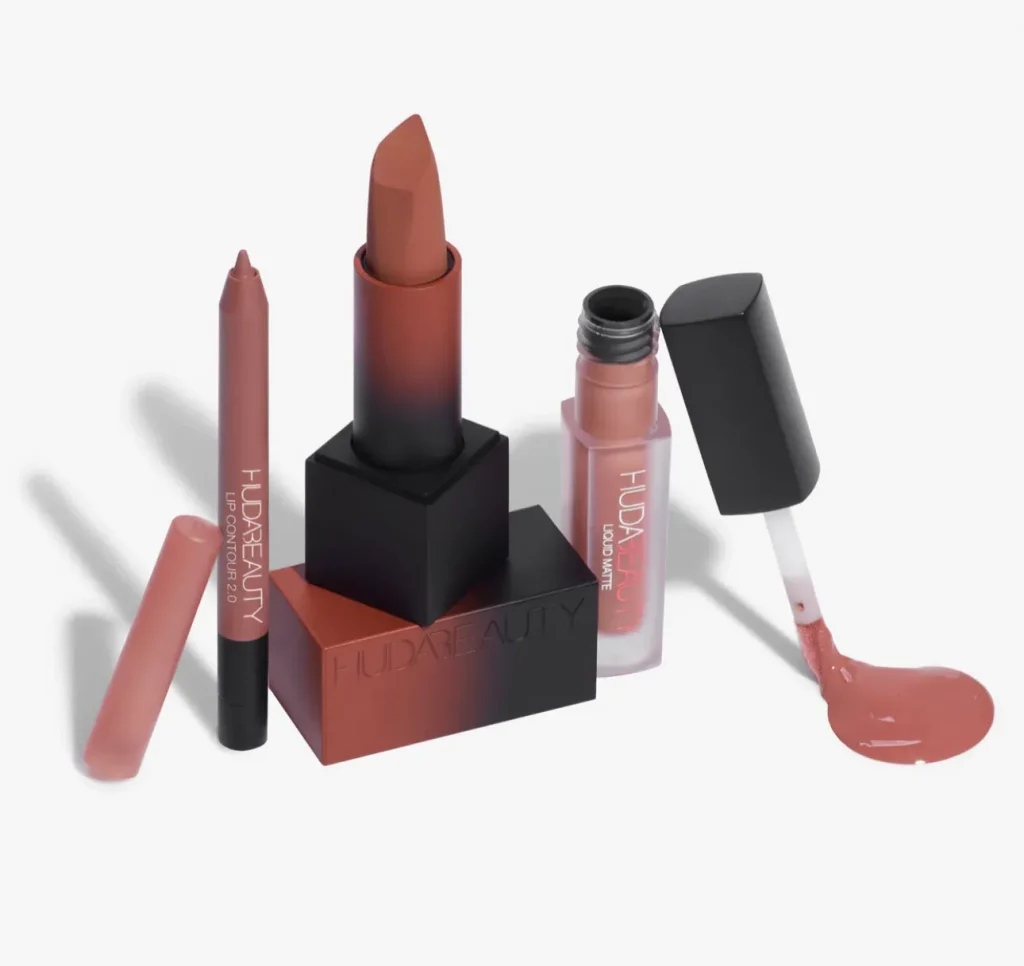
Fragrance
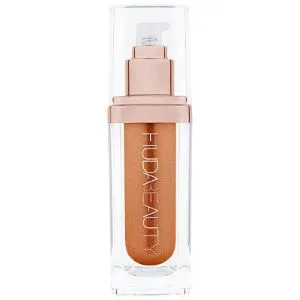
In November 2018, Huda Beauty expanded into fragrances with the launch of Kayali, founded by Huda Kattan’s sister, Mona Kattan. The name Kayali, meaning “my imagination” in Arabic, reflects the brand’s vision of creating personalized scents designed to tell a story and offer a wide variety of options for customers.
As of September 2024, Huda Beauty reported annual revenues of $75 million, with the brand continuing to grow in popularity through new product launches.
Skincare
In 2020, Huda Beauty introduced its skincare line, Wishful, debuting with the Yo Glow Enzyme Scrub. Later that year, the brand expanded the range with two sheet masks and the Clean Genie Cleansing Butter.
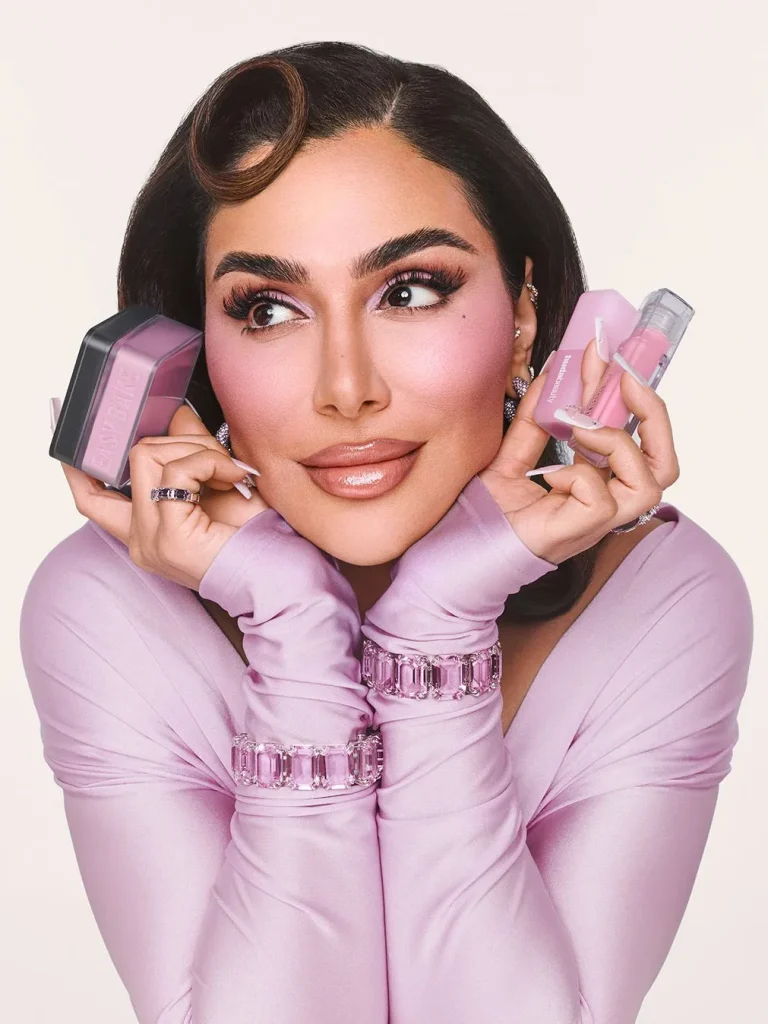
Awards and recognition
In 2016, Huda Kattan received the Digital Innovator of the Year award in the prestige beauty category from Women’s Wear Daily. The following year, The Knot magazine honored Huda Beauty’s false eyelashes with the Best False Lashes award. In 2021, Kattan was recognized by Glamour as the Women of the Year Entrepreneurial Gamechanger.
Kattan has also earned broader recognition, being named one of Time magazine’s “25 Most Influential People Online” alongside J.K. Rowling and Kim Kardashian West. Forbes has listed her among the richest self-made women and ranked her as one of the top three beauty influencers.
Controversies and criticism
Genital Lightening
In April 2018, Huda Beauty published a blog post titled “Why Your Vagina Gets Dark And How To Lighten It,” which included tips from dermatologist Doris Day, MD. The article drew significant criticism, with many calling it unprofessional and misleading.
Allegation of copying
In 2017, Huda Beauty announced the launch of a foundation collection featuring a wider range of shades. The release drew criticism from some Fenty Beauty supporters, who claimed it resembled Rihanna’s Pro Filt’r foundation line. Huda Beauty’s #FauxFilter foundation debuted with 30 shades, compared to Fenty Beauty’s 40.
Acne scar shaming
In 2015, UK YouTuber Em Ford released a video titled “You Look Disgusting,” addressing negative comments she had received about her appearance. By October 2018, the video had garnered over 28 million views. Around this time, Huda Kattan faced backlash for a post that was perceived as shaming acne scars, in which she stated that “the only thing worse than a breakout is an acne scar.” Critics pointed out that she used Ford’s positive message to highlight the “ugliness” of acne scars. In response, Ford questioned whether Huda Beauty aimed to contribute to the problem of bullying or to be part of the solution. The controversy ended with Kattan issuing public replies and an online apology.
Prohibited ingredients
In 2022, Huda Beauty faced accusations from the U.S. Food and Drug Administration regarding the use of disapproved substances around the eye area in its Neon Obsessions palette. A consumer lawsuit alleged that the brand concealed prohibited ingredients by obscuring warning labels stating the product was “not intended for the eye area.” The case was settled when a California federal judge approved a $1.93 million payout to consumers, along with $1.2 million in legal fees for the plaintiffs.
Sharing antisemitic conspiracy theories
In July 2025, Kattan shared a TikTok video promoting antisemitic and historically unfounded conspiracy theories, including claims that Israel was responsible for World Wars I and II, the 9/11 attacks, and the October 7 attacks. The video was removed by TikTok in August, after which Sephora issued a statement saying it would review the matter.
